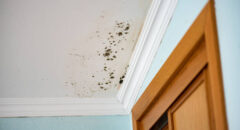There are many things to love about summer but having to ward off mosquitoes isn’t one of them. While some people don’t mind grabbing the recommended chemical repellant from the local store, that isn’t the right choice for everyone. The good news is that a few natural repellants can help!
10 Natural Mosquito Repellants

1. Lemon Eucalyptus
You can get this repellant by combining one part of lemon eucalyptus oil with 10 parts of sunflower oil or witch hazel. Studies have shown that the mixture can be effective at deterring mosquitoes for up to three hours. However, you can’t use it on children who are younger than three.
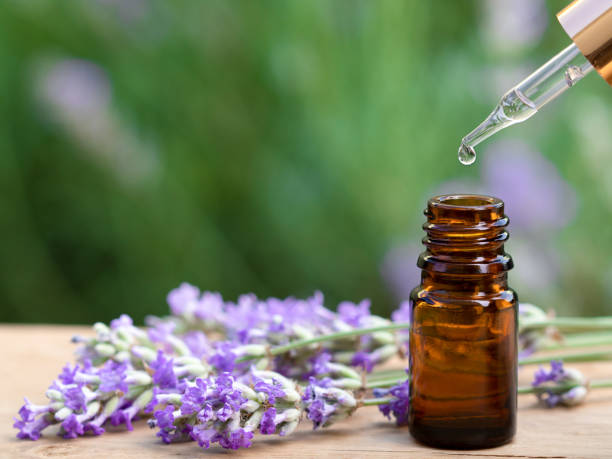
2. Lavender
Planting lavender around your home can keep mosquitoes at bay. Furthermore, crushing the leaves and applying them to your skin acts as an effective repellant. If you’ve already been bitten, lavender oil can also soothe your itchy skin.

3. Cinnamon
Just ¼ teaspoon of cinnamon oil combined with four ounces of a carrier like almond oil is all it takes to make this repellant. You can then spray the mixture on your clothes. Not only can cinnamon oil keep mosquitoes away, but sprinkling it in areas that may have mosquito eggs will kill them.

4. Thyme
Thyme oil is 91 percent effective. To make an oil-based solution, combine four drops of thyme oil with a teaspoon of olive or jojoba oil. If you want a spray, combine five drops of the oil with two ounces of water. The leaves can also help if you’re going camping as you can sprinkle some of them into a fire.
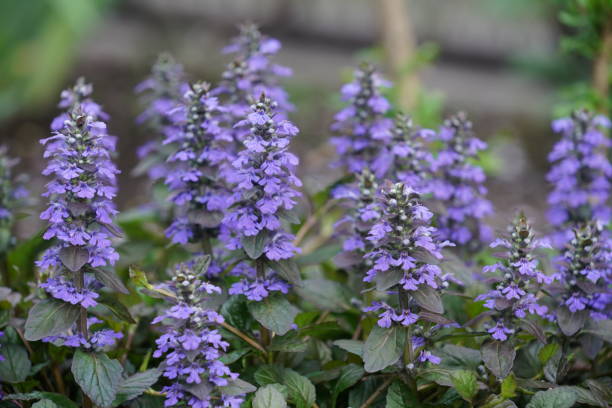
5. Greek catmint
The oil from this plant’s flower can repel mosquitoes for up to three hours and a recent study showed that it can be 10 times more effective than DEET. There’s no set recipe for making the salve from the oil but it’s a good idea to start with a few drops in a couple of ounces of carrier oil.

6. Soybean
A recent study showed that two percent soybean oil can be an effective mosquito repellant. To increase its effectiveness, consider combining it with lemongrass oil.
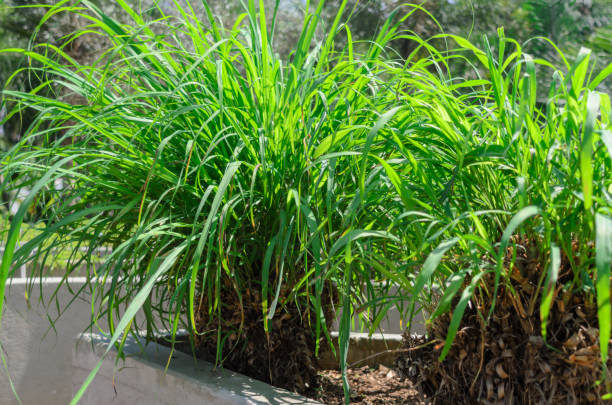
7. Citronella
You can easily buy citronella candles or oil. If you want to make your own solution, place five leaves from a citronella plant in a cup of boiling water. After mixing, you should cover the pot and allow it to cool for two hours. Once that time has passed, make a 1:1 mixture of the citronella water with alcohol or witch hazel.

8. Tea tree
Studies show that tea tree oil can repel mosquitoes effectively but more work needs to be done. You can put the oil in areas that might be mosquito breeding sites. To make the repellant, you can add 10 drops of tea tree oil to ½ cup of water.
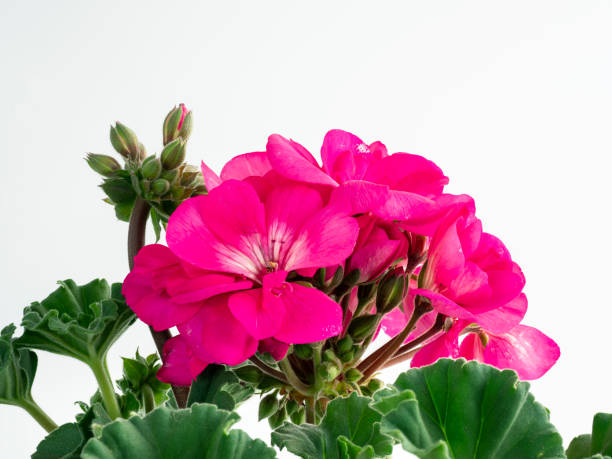
9. Geraniol
This oil can repel mosquitoes for up to four hours. However, it can irritate your eyes and sensitive skin. You can use the plant to repel mosquitoes around your home and crush the leaves to get the oil to apply to your skin.
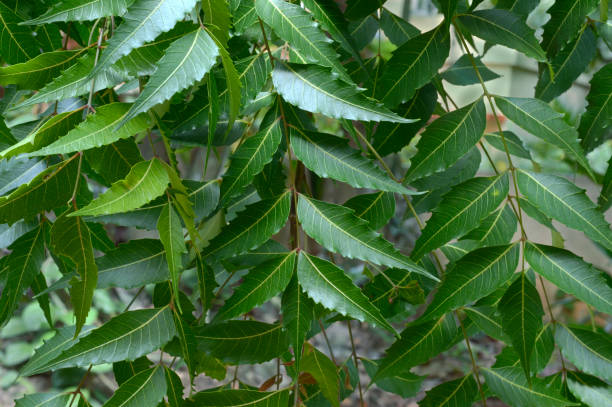
10. Neem
You can’t use neem oil directly on your skin but dissolving four to eight tablespoons in water or a carrier oil can help.
RELATED: All-Natural Ways to Repel Bugs and Soothe Bites This Summer
Why Natural Repellants are a Good Idea
The main ingredient in most chemical-based mosquito repellants is N, N-diethyl-meta-toluamide, commonly known as DEET. This chemical works by masking your scent from the mosquitoes. DEET is typically safe but it’s not recommended for babies under two months old and should be used sparingly on those up to the age of 10.
Additionally, some people can have severe reactions to the chemical. These reactions can include irritation, redness, swelling, and rashes on the area where the repellant was applied. You may also experience nausea and vomiting. In rare cases, you may have a seizure.
You still have to be careful with natural oils as they should always be dissolved in a carrier oil and shouldn’t be applied directly to the skin so they’re less toxic.
How to Treat Mosquito Bites Naturally
If you’re still bitten, there are natural ways to deal with those, too. Apple cider vinegar can help with the itchiness and inflammation when applied to the bites. You can also place a slice of freshly cut garlic or raw onion on the bites to prevent infection. Of course, you don’t have to opt for natural remedies if you don’t want to. Over-the-counter antihistamine creams can be effective for managing itchiness and inflammation.
Though these measures are generally effective, mosquito bites can get infected if you keep scratching them. If the skin is hot to the touch, the redness gets worse, the area gets swollen, or you see pus leaking from the bites, you need to see your doctor immediately.
Mosquitoes are unavoidable – especially at this time of year. If you don’t want to use chemicals to keep them away, it’s a good idea to use a few natural solutions that you can easily get your hands on. You’re not limited to applying or spraying them either, many people see success with planting certain herbs or flowers around their property to be extra safe.



